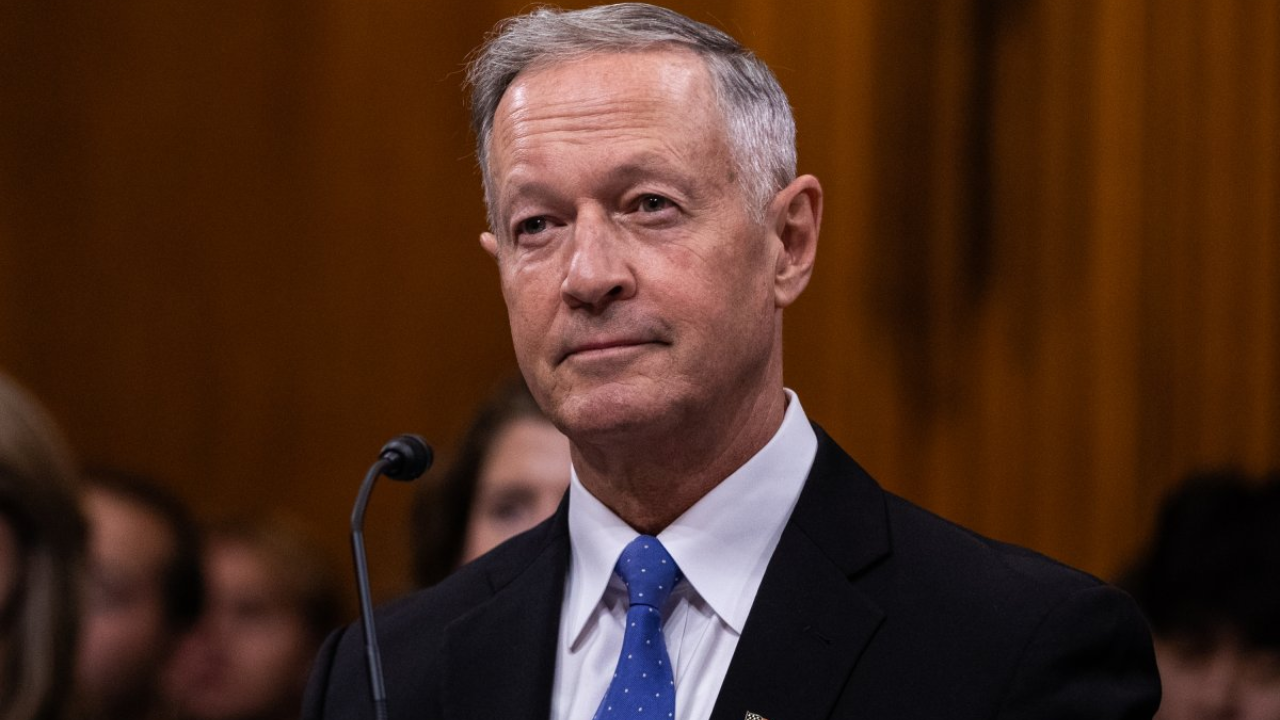The Social Security Administration (SSA), a cornerstone of American financial security for nearly a century, is facing unprecedented challenges that could jeopardize its ability to serve millions of beneficiaries.
Martin O’Malley, former Maryland Governor and past Commissioner of the SSA, has voiced grave concerns about the agency’s future, citing severe staff reductions, outdated technology, and misinformation as critical threats.
A Legacy Under Threat
Established in 1935, Social Security has been a reliable source of income for retirees, disabled individuals, and survivors of deceased workers.
For the first time in its 90-year history, the agency is confronting a convergence of issues that could lead to systemic failure.
O’Malley warns that without immediate intervention, the SSA’s capacity to deliver timely and accurate benefits is at risk.
Drastic Workforce Reductions
In recent years, the SSA has experienced significant budget cuts, leading to a reduction of approximately 7,000 jobs and the potential closure of 47 field offices across the United States, including locations in Texas.
This downsizing aligns with federal spending reduction plans but raises concerns about service delivery. O’Malley has criticized these measures, stating that they are akin to “taking a wrecking ball to Social Security.”
He emphasizes that the agency is now operating with one of the lowest staffing levels in 50 years while serving more customers than ever before. This imbalance has resulted in increased wait times for beneficiaries and delays in processing claims.
Technological Vulnerabilities
Compounding staffing challenges is the SSA’s reliance on outdated technology. The agency’s systems are heavily dependent on COBOL, a programming language developed in the 1950s.
O’Malley highlights that many of the employees proficient in COBOL are nearing retirement, and the agency’s efforts to modernize have been hampered by budget constraints.
He warns that the loss of experienced staff, combined with antiquated systems, makes delays and outages inevitable, further jeopardizing the timely delivery of benefits.
Misinformation and Public Perception
The SSA is also battling misinformation that undermines public confidence. Claims of widespread fraud, such as allegations of payments to individuals reportedly hundreds of years old, have been debunked by O’Malley.
He describes these assertions as baseless, noting that the agency has robust safeguards, including regular audits and cross-referencing with the National Death File, to prevent fraudulent payments.
Despite these measures, such misinformation contributes to public distrust and complicates efforts to secure necessary funding and support.
Financial Outlook and Legislative Challenges
The financial stability of Social Security is another pressing concern. The trust funds that support benefits are projected to deplete by 2035, at which point the agency would only be able to pay out 83% of benefits to recipients.
O’Malley views this shortfall as a solvable problem, drawing parallels to reforms enacted in 1983 that addressed similar challenges.
He advocates for legislative action to adjust funding mechanisms, such as asking higher-income earners to contribute more, to ensure the program’s longevity.
Calls for Congressional Action
O’Malley is urging Congress to take immediate steps to stabilize the SSA. He emphasizes the need to restore staffing levels, invest in technological modernization, and combat misinformation.
Without these interventions, he warns of real consequences for the 72 million Americans who rely on Social Security.
The former commissioner stresses that the current trajectory is unsustainable and that proactive measures are essential to prevent a collapse of the system.
A Crossroads for Social Security
As Social Security approaches its 90th anniversary, it stands at a critical juncture.
The convergence of staffing shortages, outdated technology, financial challenges, and misinformation poses a significant threat to its ability to serve the American public.
O’Malley’s warnings serve as a clarion call for immediate action to preserve and strengthen this vital institution for future generations.
Disclaimer- Our team has thoroughly fact-checked this article to ensure its accuracy and maintain its credibility. We are committed to providing honest and reliable content for our readers.






